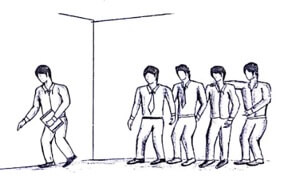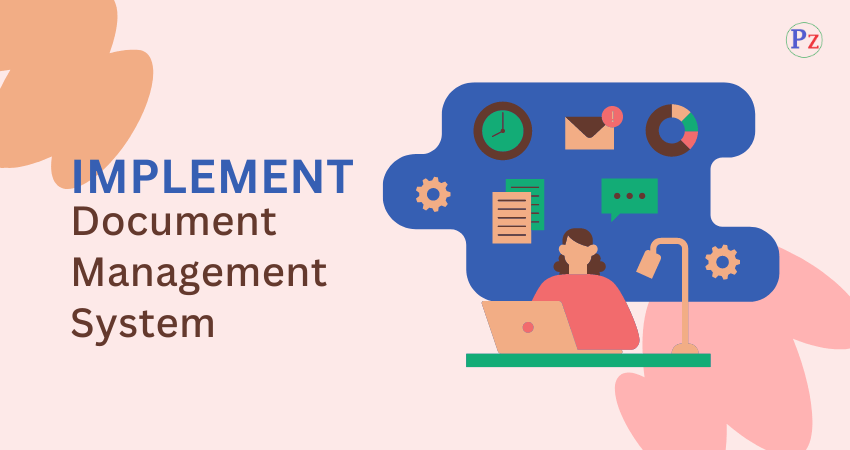Definition of Misbehaviour
According to Robinson, “Voluntary behavior of organizational members that violates significant organizational norms and, in so doing, threatens the well being of the organization and its members”.
According to Vardi, “Any intentional action by members of organization that violates core organizational and societal norms”.
Meaning Of Misbehaviour
Any behaviour which is not accepted by the organization or society is called misbehaviour. People misbehave due to various reasons, like either to benefit themselves or to the organization to which they belong or to simply damage for the cause unknown.
Power and politics plays a vital part in the aspects of misbehaviour in the organization. Under such situations systematic intervention by management is essential to bring things under control and for the benefit of every individual and to the organizations.

Controlling misbehaviour is the job of behavioral scientist and experts. It should not be mishandled by resting the responsibilities of controlling misbehaviours with inexperience and non-expertise hands. The organization will be severely damaged if expertisiation is not exercised in the process of misbehaviour control.
Types of Misbehaviour
Misbehaviour in an organization by employees is mostly an intentional attempt. There are three types of organizational misbehaviour.
a) OMB Type-S- It’s a type of misbehavior that intends to benefit the self.
b) OMB Type-O- It’s a type of misbehavior that intends to benefit the organization.
c) OMB Type-D- It’s a type of misbehavior that intends to inflict damage.
The study reveals that people who engage in OMB type ‘S’ are primarily motivated by self-interest and consideration. And those people who engage in OMB type ‘ O ’ do so mostly because of strong identification and loyalty to their organization, and those people who engage in OMB type ‘D’ do so by either accidental or instrumental both for the cause of damaging.
Thus, these misbehaviours range from a more breach or violation of psychological contracts to blatant to acts bordering on criminal activity perpetrated against others and organization.
Management Interventions
Managing employee misbehaviour requires an active posture by the managers and should seriously deal with the issues. In general, the majority of the organization does not take misbehaviour as serious and ignore them primarily.
According to the researchers in this discipline, it is advised that any misbehaviour found in the first instance at whatever be the level of employees, it should be addressed and corrected. The statement of correction must be noted and should be periodically watched to ensure that it is eradicated. In normal life it doesn’t happen. Misbehaviours are neither ignored in the first instance or it is addressed periodically checked whether completely if got stopped. Thus, management continuous intervention will drastically bring down unwanted behaviors, and bring in greater stability in the overall employees behaviour.
| Read More Topics |
| Emergence of informal leaders and working norms |
| What do you mean by motivation and types? |
| Definition and meaning for impression management |



